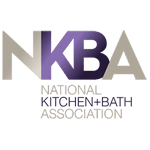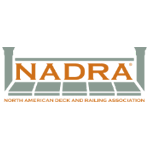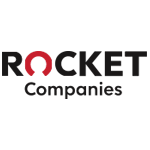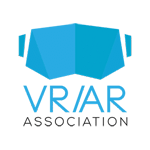
The mobile AR landscape is diverse and can be confusing. While some top Augmented Reality companies provide a range of products, services and publishing options, there are essentially five basic types of Augmented Reality companies.
1) AR platform companies
AR platform companies provide a foundation and the toolbox for experienced software developers working to create advanced Augmented Reality solutions. Some of these companies also build and market their own products (for example, Microsoft and the HoloLens), or provide custom services on the side. The big news for AR Platform companies in 2017 was Apple and Google both joining the fray, with ARKit and ARCore SDKs, respectively. By their very nature, platform companies enable the other four types of companies, and their best customers are experienced developer looking to push their platforms .
2) AR game companies
AR game companies develop and market their own exclusive AR content. Following a development period that saw AR experiences entirely dependent on printed “markers,” the markerless AR era is now upon us. Pokemon Go, released in the summer of 2016, largely popularized the idea of markerless AR in the public imagination, while the Sept. 2017 release of Apple’s iOS 11 put AR-capable hardware in the hands of hundreds of millions of consumers seemingly overnight. Companies in this space include Niantic, Sony, Microsoft, Sphero, POPAR, and Nintendo.
3) Self-service DIY AR companies and universal AR viewers
Designed for quick and simple AR experiences or campaigns, these companies offer content management tools and a limited menu of basic AR effects. With self-service AR tools, tech savvy individuals can create simple experiences like launching a single video or simple animations. AR self-service companies are great for publishers, educators, students, and others who want to test or create a simple Augmented Reality experience without investing in a complete custom branded app experience. Some DIY companies also offer AR viewers, customized services and white label options. Companies in this space include Layar, Aurasma, and DAQRI.
4) Custom branded app development companies
These companies work directly with brand marketers and agencies to build custom Augmented Reality solutions for major advertising campaigns, trade shows and live events. Custom branded apps allow marketers to combine one-of-a-kind custom Augmented Reality experiences with personalized service and project management. Custom features frequently include branding specifications, navigation, user interfaces, animations, complex or large-scale AR effects, and more. Services may include 3D modeling, integration with other software services or ecommerce platforms, game development, location-based installations, notifications, complex animations, micro locations, or other advanced AR effects. Companies in this space include 3D Cloud, Gravity Jack and Augment.
5) Industry-specific vertical AR solutions
The newest category of AR companies to emerge are those offering AR solutions tailored to serve niche business verticals such as retail, manufacturing, home goods, medical services, industrial applications, pharmaceutical companies and cosmetic companies. Companies in this space include Ashley Furniture and IKEA for furniture placement, Blippar for advertising, and 3D Cloud™ for consumer retail, manufacturing, industrial, and enterprise sales tools.











